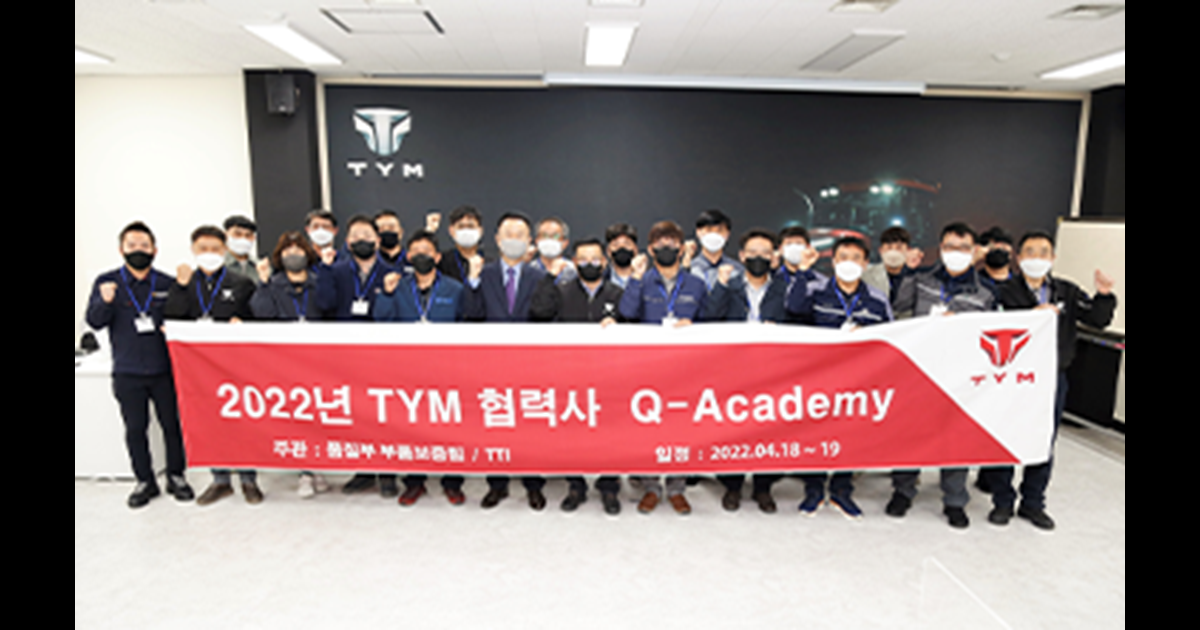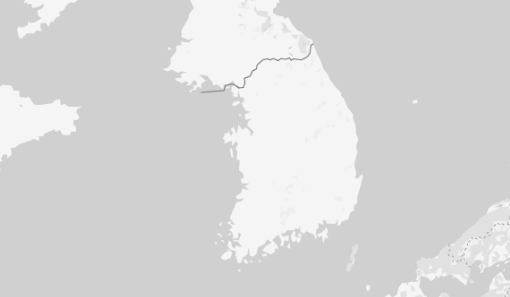
TYM's partner Q-Academy, which began in 2018 and marks its fifth year this year, is an educational program designed to share TYM's quality management infrastructure and know-how with major partners and provide practical help to partners. TYM invites professional instructors to provide preventive education on quality issues so that suppliers can establish their own quality guarantee capabilities and enhance competitiveness. In addition, difficulties and suggestions of suppliers are listened to and reflected in purchase and quality policies.
At this year's Q-Academy, TYM explained △TYM's quality policy △CTQ (Critical To Quality) process and management standards △necessity of quality prevention activities △quality problem improvement cases △quality management cases of advanced companies. In particular, it helped partners create safe workplaces on their own and prevent serious industrial accident risks by sharing preliminary reviews on the Severe Disaster Punishment Act, which took effect in January, and initiatives to establish a safety and health management system in the workplace after obtaining ISO 45001 certification in April.
Through TYM's Q-Academy, partners are closely responding to policy changes and receiving practical help to supplement the quality management infrastructure. TYM will continue to promote its partner Q-Academy more than twice a year. In addition, through cooperation with T.T.I (TYM Technology Institute, TYM Technology Education Center), which is an educational institution under TYM, it plans to design differentiated quality management education programs and spread them to partners to establish a quality guarantee system.
A TYM official said, "Since the quality level of the partner company is directly related to the quality result of TYM, I think strengthening the capabilities of the partner company is the same as strengthening TYM's capabilities."
Meanwhile, TYM, which declared ESG management for the first time in the agricultural machinery industry in February last year, has consistently made efforts to comply with social responsibility for the supply chain and promote sustainable growth with its partners. Representative win-win efforts include the progress of Q-Academy for partners and the presentation of four guidelines for fair trade to realize mutual development. Since signing a business agreement with the Shared Growth Committee in October, it has also continued to support customized evaluation indicators and guidelines to enhance partners' ESG response capabilities, and on-site diagnosis and improvement guidance.








